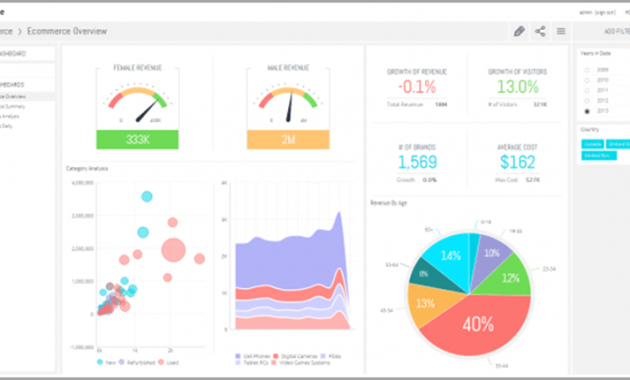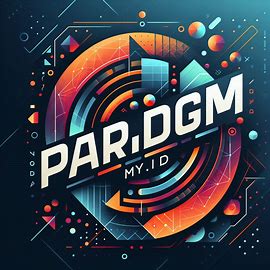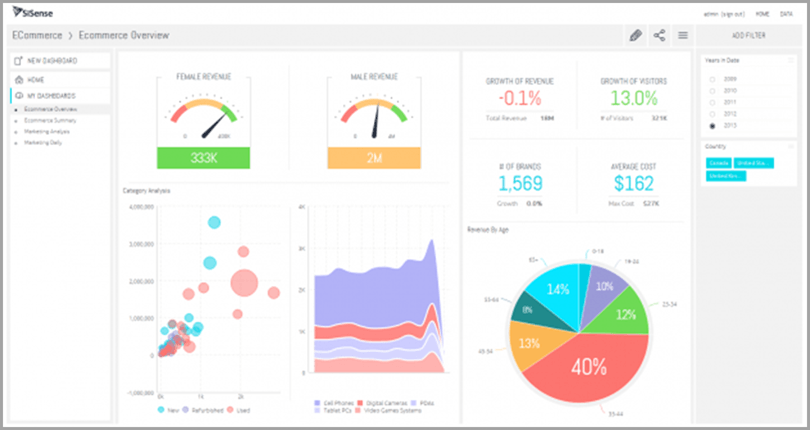
The Best Business Intelligence Tools for AI: A Deep Dive into the Future
The convergence of Artificial Intelligence (AI) and Business Intelligence (BI) is rapidly reshaping the landscape of data analysis and decision-making. Businesses are no longer just seeking insights; they are demanding predictive capabilities and automated analysis. This evolution has led to a surge in the development and refinement of business intelligence tools designed specifically to harness the power of AI. This article will explore the best business intelligence tools for AI, examining their functionalities, benefits, and how they are transforming industries. The focus keyword, “The Best Business Intelligence Tools for AI,” will be woven throughout this exploration.
Understanding the Synergy: AI and Business Intelligence
Before diving into specific tools, it’s crucial to understand the symbiotic relationship between AI and BI. Traditional BI tools primarily focus on descriptive and diagnostic analytics. They help users understand “what happened” and “why it happened.” AI, on the other hand, introduces predictive and prescriptive analytics. AI enables businesses to forecast future trends, identify potential risks, and recommend optimal actions. This integration creates a powerful synergy, allowing organizations to move beyond reactive analysis to proactive strategic planning.
AI algorithms, such as machine learning (ML) and natural language processing (NLP), are the engines driving this transformation. ML models can analyze massive datasets to identify patterns and make predictions. NLP enables users to interact with data using natural language, making complex analysis more accessible. These advancements are fundamentally changing how businesses operate, providing a competitive edge to those who embrace them.
Key Features to Look for in AI-Powered BI Tools
When evaluating the best business intelligence tools for AI, several key features should be considered. These features determine the effectiveness and usability of the tool. They also indicate the level of AI integration and its potential impact on business operations.
- Advanced Analytics Capabilities: Tools should offer robust ML algorithms for predictive modeling, forecasting, and anomaly detection. This includes features like time series analysis, regression analysis, and classification algorithms.
- Natural Language Processing (NLP): The ability to query data using natural language significantly enhances usability. Users can ask questions in plain English and receive insights without needing extensive technical expertise.
- Automated Insights Generation: AI-powered tools can automatically identify and highlight key trends, anomalies, and correlations in data. This saves time and allows analysts to focus on strategic decision-making.
- Data Integration and Connectivity: The tool should seamlessly integrate with various data sources, including databases, cloud platforms, and other BI tools. This ensures a comprehensive view of the data.
- Data Visualization and Reporting: Effective visualization tools are crucial for communicating insights. The best tools offer interactive dashboards, customizable reports, and the ability to share findings easily.
- User-Friendly Interface: A clean and intuitive interface is essential for adoption. The tool should be easy to navigate and use, even for users with limited technical skills.
Top Contenders: The Best Business Intelligence Tools for AI
The market for AI-powered BI tools is competitive, with several leading platforms vying for dominance. Here are some of the top contenders, each offering unique strengths and capabilities.
Tableau
Tableau is a widely recognized BI platform known for its user-friendly interface and powerful data visualization capabilities. Tableau has integrated AI features through its “Explain Data” and “Ask Data” functionalities. Explain Data uses AI to automatically identify explanations for data points. Ask Data allows users to query data using natural language. Tableau’s focus on visualization makes it an excellent choice for communicating complex insights effectively. It is one of the best business intelligence tools for AI because of its ease of use and integration with various data sources.
Microsoft Power BI
Microsoft Power BI is a comprehensive BI platform offering a wide range of features, including robust AI capabilities. Power BI incorporates AI through features like Quick Insights, which automatically generates insights from data. It also supports integration with Azure Machine Learning, allowing users to build and deploy custom ML models. Power BI’s strong integration with other Microsoft products makes it a popular choice for businesses already invested in the Microsoft ecosystem. Microsoft Power BI stands as one of the best business intelligence tools for AI due to its comprehensive features and integration capabilities.
Qlik Sense
Qlik Sense is a BI platform known for its associative data modeling, which allows users to explore data relationships intuitively. Qlik Sense incorporates AI through its cognitive engine, which suggests insights and automatically identifies potential correlations. Qlik also offers natural language processing capabilities, making it easy for users to ask questions and get answers. Qlik Sense is a great choice for businesses that need a flexible and adaptable BI solution. As a result, Qlik Sense is also one of the best business intelligence tools for AI.
ThoughtSpot
ThoughtSpot is a search-driven analytics platform designed to make data analysis accessible to everyone. ThoughtSpot uses AI to enable users to search for insights using natural language. Its SpotIQ feature automatically analyzes data and uncovers hidden insights. ThoughtSpot is an excellent choice for businesses that want to empower their employees with data-driven decision-making. It is one of the best business intelligence tools for AI due to its focus on search-driven analytics.
Sisense
Sisense is a BI platform focused on providing embedded analytics and data-driven insights. Sisense uses AI to automate data preparation, identify anomalies, and surface key insights. Its robust data modeling capabilities and user-friendly interface make it an appealing option for businesses of all sizes. The tool’s focus on embedded analytics makes it a strong contender among the best business intelligence tools for AI.
Real-World Applications of AI in Business Intelligence
The impact of AI on business intelligence is evident in several real-world applications. These examples illustrate how businesses are leveraging AI-powered BI tools to gain a competitive advantage. These tools are indeed the best business intelligence tools for AI.
- Predictive Sales Forecasting: AI algorithms can analyze historical sales data, market trends, and customer behavior to predict future sales. This enables businesses to optimize inventory, staffing, and marketing efforts.
- Customer Churn Prediction: AI can identify customers who are likely to churn based on their behavior and interactions with the company. This allows businesses to proactively engage with at-risk customers and prevent churn.
- Fraud Detection: AI can analyze transaction data in real-time to identify fraudulent activities. This helps businesses prevent financial losses and protect their customers.
- Supply Chain Optimization: AI can analyze supply chain data to identify bottlenecks, optimize logistics, and improve overall efficiency. This ensures that businesses can deliver products and services on time and reduce costs.
- Personalized Marketing: AI can analyze customer data to create personalized marketing campaigns. This increases engagement, drives conversions, and improves customer loyalty.
The Future of AI in Business Intelligence
The future of AI in business intelligence is bright. As AI technology continues to advance, we can expect to see even more sophisticated and powerful BI tools. The best business intelligence tools for AI will likely incorporate the following trends:
- Increased Automation: AI will automate more aspects of the data analysis process, including data preparation, insight generation, and report creation.
- Enhanced Natural Language Processing: NLP will become more sophisticated, enabling users to interact with data more naturally and intuitively.
- Greater Personalization: AI will personalize BI tools to meet the specific needs of individual users.
- Integration with Edge Computing: AI will be integrated with edge computing devices, enabling real-time analysis and decision-making at the point of data generation.
- Democratization of Data: AI-powered BI tools will make data analysis accessible to a wider audience, empowering more employees to make data-driven decisions.
The best business intelligence tools for AI will continue to evolve and adapt to meet the changing needs of businesses. They will play an increasingly important role in helping organizations make data-driven decisions and gain a competitive advantage. The future of business intelligence is undeniably intertwined with the advancements in artificial intelligence.
Choosing the Right Tool for Your Needs
Selecting the right AI-powered BI tool requires careful consideration of your business needs and goals. Evaluate your data sources, the size of your organization, and the skills of your team. Consider the features offered by each tool and how they align with your specific requirements. Trial versions and demos can help you get a feel for the tool’s usability and functionality. Investing in the best business intelligence tools for AI is an investment in your future.
Ultimately, the best business intelligence tools for AI are those that empower your organization to make better decisions, drive innovation, and achieve its strategic objectives. By understanding the synergy between AI and BI and carefully evaluating the available tools, businesses can position themselves for success in the data-driven world. This exploration of the best business intelligence tools for AI should provide a solid foundation for your decision-making process.
[See also: Related Article Titles]

